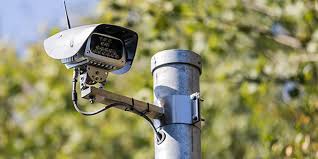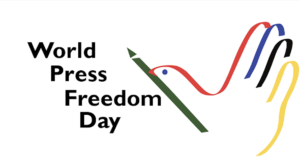Countering Violent Extremism (CVE), a program developed by the Obama administration, sought to combat radicalization, then defined almost entirely as Muslim-based violent extremism, through using schools and social service agencies to “identify” potential terrorists based on somewhat poorly defined characteristics. The program drew significant opposition on several fronts, including the vague indicators of incipient terrorism, the community-destroying elements of reporting and mutual suspicion, and the criminalization of innocuous behavior.
Versions of CVE continued to circulate through the Homeland Security apparatus, including Preventing Violent Extremism (PVE), a state copycat version that was defunded, TVTP (Targeted Violence and Terrorism Prevention) and the Bay Area UASI (Urban Areas Security Initiative), whose then-law enforcement training program Urban Shield heavily featured exercises illustrating attacks by Islamic extremists. (Urban Shield was discontinued).
In the post-Urban Shield environment, the training program from Bay Area UASI, called BATEP, is undergoing some changes. The somewhat sparse website is here. Oakland Privacy volunteer Devyn Nordstrom decided to check out a free workshop on Terrorist Use of the Internet. The class materials can be seen here.
A summary of the evolution of the terrorism prevention programs over the past decade by Devyn can be read below.
Read more →




